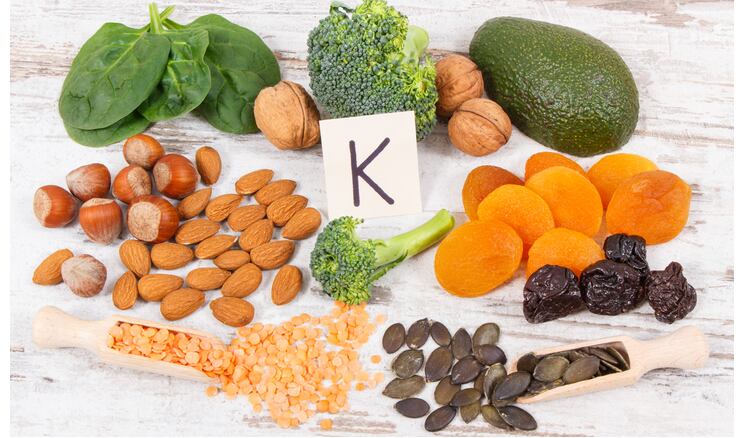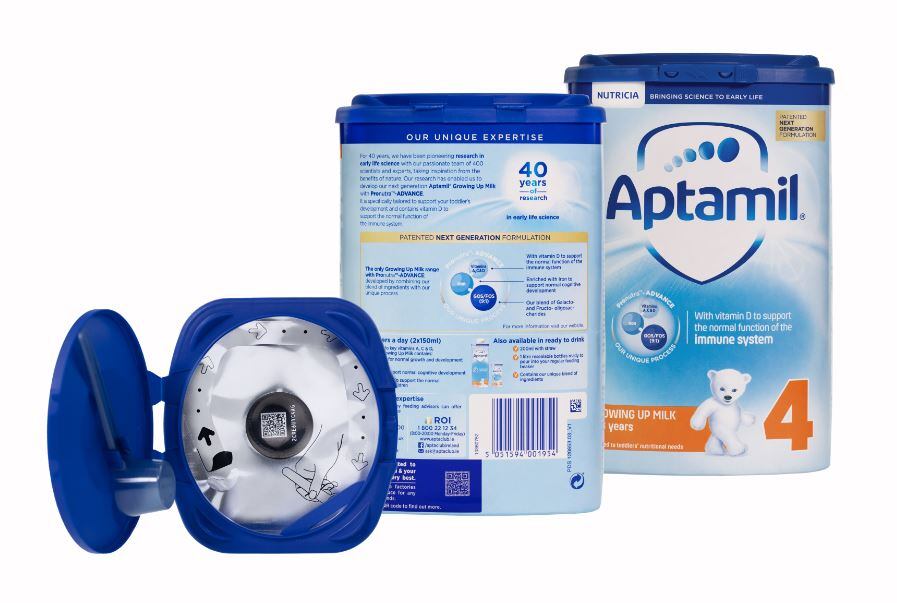The researchers from the University of Occupational and Environmental Health and Kitakyushu conducted the review which was recently published in Nutrients.
Although no clinical trials have been conducted, the researchers said that evidence from various countries have shown that VKDB could be prevented via vitamin K administration.
They reviewed evidence from five nationwide surveys on VKDB in Japan over a period of 20 years from 1981 to 2004, as well as other international evidence including from the UK and the Netherlands.
Citing the evidence in Japan, the researchers pointed out that one to three doses of syrup formulation of vitamin K has reduced late-onset VKDB.
In fact, as seen from the five nationwide surveys in Japan, the incidence of VKDB amongst Japanese infants have dropped by four times, from 10.5 per 100,000 births in the first survey to 1.9 per 100,000 births in the fifth survey.
The effect has led to practice of weekly vitamin K supplementation for infants till they reach three months old throughout many parts of Japan.
The researchers added that there have been no adverse events reported with the weekly vitamin K supplementation.
In general, the VKDB syndrome can be classified according to the time the symptoms occur, namely 1) early (24 hours), 2) classic (one week after birth), and 3) late (between two week and six months of age).
The bleeding sites are usually located in the intestinal tract. However, late-onset of VKDB mainly involve the gastrointestinal tract, skin, and the central nervous system.
“VKDB in infancy, particularly late-onset VKDB, can be life-threatening. Therefore, all infants, including newborn infants, should receive vitamin K prophylaxis,” the researchers concluded, adding that oral administration was preferred.
Administration
The administration of vitamin K could be via intravenous injection or oral intake.
Based on the success cases in Japan, the researchers have recommended weekly vitamin K supplementation.
“We recommend weekly vitamin K supplementation at 2 mg until 3 months of age based on the experiences in Denmark and Japan,” the researchers said.
Oral intake is preferred due to its convenience and also it being a safe option.
“The prophylaxis strategy has recently been inclined toward oral administration because it is easier, safer, and cheaper to administer than intramuscular injection.”
However, the researchers also pointed out that the success of vitamin K oral supplementation depended on the parents’ compliance in feeding their children.
Causes
Vitamin K deficiency in infants are attributed to a few reasons, including low vitamin K content in breast milk, poor placental transfer from mother to baby, and the infants’ poor intestinal absorption of vitamin K due to an immature gut flora.
Regardless of the gestational period, new-borns tend to have few vitamin K reserves in their liver tissue at birth, the researchers said.
Source: Nutrients
Vitamin K Deficiency Bleeding in Infancy
DOI: https://doi.org/10.3390/nu12030780
Authors: Shunsuke and et al





